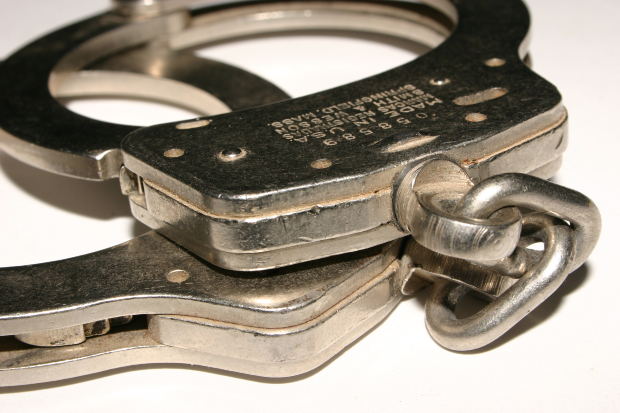U.S. stocks jumped sharply higher at Wednesday’s opening bell but deep concerns about China’s impact on the global economy continue to hang over the market.
The Dow climbed over 400 points at the open and the Nasdaq soared nearly 3%, repeating the strong early performance that Wall Street experienced on Tuesday. Of course, that rally turned out to be an alarming head fake, with the Dow ending the day more than 200 points in the red.
The stock market remains in the midst of its worst slump since 2011 due to rising fears about how China’s economic slowdown will impact the rest of the world.
All three major U.S. indexes have tumbled into correction mode — signaling a 10% decline from recent highs.
But global markets — other than China — seemed a bit calmer on Wednesday. While the Shanghai Composite retreated another 1.3%, Japan’s stock market soared 3% and European markets held steady after Tuesday’s big gains.
Earlier this week China sought to calm turmoil in global markets by slashing interest rates. The hope is the moves will help stabilize China’s economy and ease fears that the world’s second largest economy is slowing drastically.
Market veterans believe the U.S. stock market is due for a rebound given the scale of losses in recent days. An eye-popping $2.1 trillion of value has been wiped out from the S&P 500 in just the previous six trading days alone, according to S&P Dow Jones Indices.
“Steep declines are unlikely to continue much longer in the very near term given the extremes we’re at right now,” analysts at Bespoke Investment Group wrote in a report on Wednesday.
Tech stocks were at the heart of Wednesday’s rebound. Shares of Netflix, Google and Amazon all rallied sharply. Other early winners include Abercrombie & Fitch and Express after both retailer’s reported profits that exceeded expectations.
The American stock market tumble stands in sharp contrast with sentiment about the U.S. economy.
The economy appears to be on track to continue its expansion from the Great Recession, even though growth may not be stellar.
Further evidence of that was received on Wednesday. The government said orders for big-ticket items like appliances and cars jumped by 2% in July from June. That was significantly more than economists had anticipated.
Crude oil prices struggled to follow the broader markets higher. Oil retreated to about $39 a barrel, leaving it down 17% this month alone.



